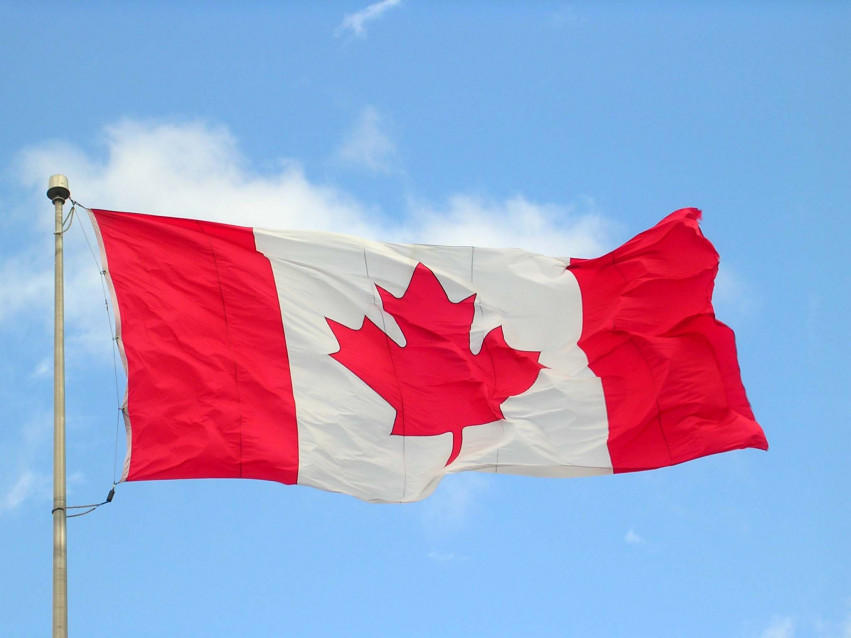Our agents have worked with numerous Foreign National & Canadian buyers.
Our team is available to assist you with the entire process, providing the help and knowledge you need when you buy a home in Palm Springs:
- Residential neighborhood experts - having worked in the Palm Springs market for over a decade, we can help you find the right neighborhood that meets your specific needs. Pictures of properties on the internet may look great- but they don't tell you anything about the neighborhood- that's where The Paul Kaplan agent's experience can help buyers make an informed decision about neighborhoods for their investment dollars.
- Short Sale and Foreclosure information - the status of a property can have a variety of implications, that our agents can help you understand. Although in past years we experienced a large percentage of distressed properties hitting the market, recently less than 5% of our listings are foreclosures or short sales.
- Help you with your financing options; providing lender counseling and pre-approvals that have experience working with Canadians.
- Refer you to information regarding property taxes and other particulars associated with owning in the US. *
- Property Management and Rental Management information and assistance
More info
Palm Springs has been seeing our share of international shoppers seeking a sunny vacation getaway home. According to one well-known international tax expert, buying and owning US real estate is no more complex then purchasing and owning in your own province -- as long as you follow all the income tax rules involved. It's not the properties, but legal and tax differences between the two countries, and variations between states, that add complexity. The solution? David Ingram, Principal of Vancouver-based CEN-TA Services, suggests you search out a Canadian income tax advisor, experienced in dealing with US taxes, before you locate the US property of your dreams. US tax advisors know their own federal and state tax issues, but Ingram says they are rarely familiar with the complexities of Canadian income tax law because, with a population 10 per cent of that in the US, Canada's tax issues are not mainstream knowledge in the US.
Ask what forms should be used," said Ingram suggesting one way to determine whether an accountant or other tax advisor has hands-on practical experience filing US returns. Ingram is not a chartered accountant, but graduated from the University of British Columbia's Urban Land Economics program and claims 43 years experience with tax, real estate and immigration issues, much of it in the public eye through the media, his books and the Internet. He stresses the importance of settling on a tax adviser early on, but does not believe that the choice of state or property should be based on tax laws since filing rules change each year for federal, state and provincial tax. Whether considering a snowbird vacation condo or accepting a job transfer to the States, cross-border buyers typically seek out professional advice for the actual purchase and move, but ignore tax and estate planning until tax time or a crisis. That after-the-fact approach removes the opportunity for overall estate planning and tax minimization.
Ingram offers these tips and suggestions for Canadian considering US real estate ownership:
Some states, like California and Vermont, have state income tax while others, including Florida and Nevada, do not: "It is irrelevant if you pay state tax or not as it is just a function of [US] federal tax ... ."
Rent out your US real estate and the rental income must be reported on a federal and any state return required. Tax schedules are used to calculate depreciation, an allowable expense on income properties. On Canadian returns, the capital cost allowance schedule covers depreciation.
Marital status and who owns the US property is important, too. If both spouses are on title, then both must file federal and state returns. Failure to file may carry penalties as much as 30 percent of the gross income, with no expenses or deductions allowed.
Canadians who rent in Canada may be entitled to a capital gains exemption if they designate their US property as principal residence. This would make any profit earned when the real estate is sold exempt from Canadian, but not US, tax.
Province of residence is an issue too. In Ontario, 153 days of residency should qualify you for OHIP, but in other provinces, more than 183 days are necessary for coverage by the provincial health plan.
Canadians paying US tax may claim foreign tax credit federally and provincially.
"I see more clients with successful rental properties in the United States than here in Canada," said Ingram, who finds many clients rent out their US property or buy through a shared program like hotel condos. "When they buy in the United States, they tend to do a better job with their investment. They pay more attention to details. We rarely have someone coming in with a loss in the US."
Researching government resources will also be useful, for example:
If you were born outside Canada after Feb 14, 1977, you may need to take steps to keep your Canadian citizenship; Keep up to date on changes in US Entry Requirements through the federal Canada Border Services Agency; The Canada Revenue Agency (CRA) taxes your US income, except US lottery or gambling winnings. The CRA includes suggestions in its report "Canadian Residents Going Down South" for Canadians who spend part of the year in the US and still maintain residential ties in Canada.
BOOKS
There are two books you might want to invest in that you can review regarding Snowbirds, one is called The Canadian Snowbird in America by Terry F. Ritchie and the other is The Border Guide – A Guide to Living, Working and Investing Across the Border by Robert Keats. Both are available on Amazon.com.
For more information, contact us here or give us a call at 760-459-1396.


